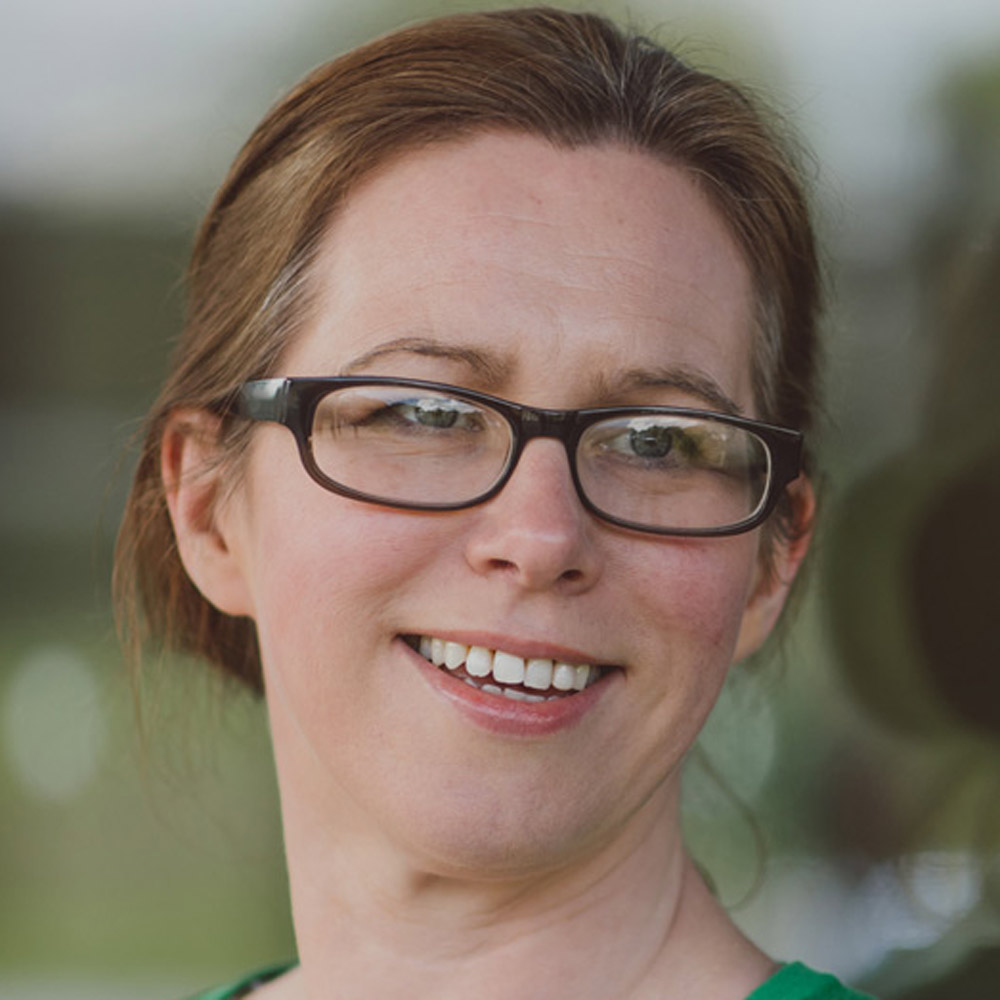We are a University that values both academic freedom and inclusion. Our Deputy Vice-Chancellor (Designate), Professor Lorna Fox O’Mahony, tells us more about how we balance the freedoms and responsibilities of these dual commitments in our community.
Academic freedom and inclusion are dual commitments at the heart of our community. The founding charter of the University of Essex enshrines academic freedom within the law, stating that: ‘Academic staff shall have freedom within the law to question and test received wisdom, and to put forward new ideas and controversial or unpopular opinions, without placing themselves in jeopardy of losing their jobs or privileges.’ (University of Essex Royal Charter, paragraph 22).
Inclusion is also a fundamental value that underpins how we work at Essex, how we behave, and how we treat each other within our community. Our commitment to inclusion means that we value equally every member of our community. It means nurturing an environment in which every member feels safe, supported and able to reach their potential.
Our commitment to inclusion is also reflected in our openness to new ideas, to challenging, controversial or unpopular opinions. These twin commitments – to academic freedom and to inclusion regardless of backgrounds, characteristics, opinions or ideas – are also enshrined in law. Section 43 of the Education (No.2) Act 1986 requires all those concerned in the governance of universities to take such steps as are reasonably practicable to ensure that freedom of speech within the law is secured for members, students, employees and visiting speakers.
Living our values
In living up to our values of inclusion and academic freedom, a core underpinning principle is that these freedoms, values and responsibilities apply to all of us. This is why, as individuals and as a community, it is important for us to stand up for the rights of others to express (within the law) views that we may not share, as much as those we have in common. These equal freedoms are balanced by equal responsibilities: our commitment to inclusion demands that we exercise our freedoms responsibly, respectfully and with due regard to the values we share as a community.
Our values-led approach to academic freedom and inclusion is consistent with our legal obligations, which include an express duty to ensure, so far as is reasonably practicable, that the use of our premises is not denied to any individual or body on any ground connected with their beliefs or views, policy or objectives. This does not mean that any organisation or individual can speak at any university, nor does it mean that universities are required to invite anyone who wishes to speak onto our campuses. It means that we have a responsibility to take account of all of the freedoms and responsibilities at stake when making decisions about specific issues. We must also take into account the security of speakers and attendees at events and where we believe speakers will not operate within our code of practice, we do not support invitations to external speakers.
Fair and transparent decisions
The University’s dual commitments to academic freedom and inclusion also apply to the processes through which we appoint staff. Our University Ordinances (Ordinances 36, 37 and 38) set out the approach appointment panels take to ensure fair and transparent decisions based on criteria that apply to all. The University’s duty as an inclusive employer involves ensuring we make our judgements on transparent and evenly applied criteria, in a fair and objective way. This also aligns with our obligations under the Equality Act 2010, which sets out our responsibilities as individuals and as a University to be inclusive of all regardless of characteristics, beliefs or opinions.
Our regular ‘THINK’ seminars reflect our commitment to living these values by supporting students and staff to navigate difficult questions through discussion and engagement: exploring challenging views and unconventional ideas in an inclusive environment that is respectful to all. We all bear responsibilities in the ways that we exercise our freedoms and the THINK seminars provide an uplifting example of how passionately held views can be advocated with conviction on different sides of a debate in a manner that embodies the values that we are committed to upholding as a University community.
